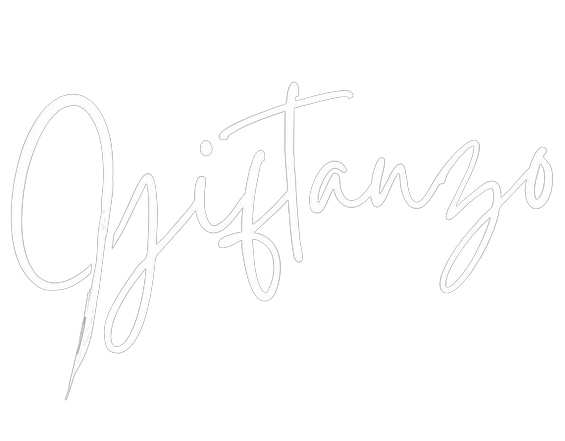
Erotic literature has been a part of human culture for centuries, from the ancient Greek texts to modern-day romance novels with a steamy twist. While the topic may still be considered taboo in some circles, the influence of erotic stories on sexual imagination and intimacy cannot be ignored.
First, it’s important to define what constitutes erotic literature. At its core, erotic literature is any written work that is intended to arouse the reader sexually. This can range from classical literature with explicit sexual scenes to modern-day romance novels with erotic elements.
One of the primary ways that erotic literature impacts sexual imagination is by providing a safe and private space for individuals to explore their desires and fantasies. Unlike pornography, which often focuses on visual stimulation, erotic literature allows readers to use their own imagination to fill in the details, making the experience more personal and intimate.
Moreover, erotic literature can also serve as a tool for improving communication and intimacy in romantic relationships. By exploring different sexual scenarios and desires through literature, couples can gain a better understanding of each other’s preferences and fantasies. This, in turn, can lead to more satisfying and fulfilling sexual experiences.
However, it’s important to note that not all erotic literature is created equal. Some works may perpetuate harmful stereotypes or promote unhealthy sexual behaviors. Therefore, it’s essential to approach erotic literature with a critical eye and to use it as a supplement to, rather than a replacement for, open and honest communication with one’s partner.
In addition, it’s worth considering the potential negative consequences of over-reliance on erotic literature for sexual satisfaction. Just as with explicit cinema any form of media, excessive consumption of erotic literature can lead to desensitization and a decreased ability to become aroused without it.
So, how can one approach erotic literature in a healthy and fulfilling way? First and foremost, it’s essential to view it as a tool for exploration and communication rather than a substitute for real-life intimacy. Additionally, it’s important to seek out diverse perspectives and voices within the genre, to avoid perpetuating harmful stereotypes or promoting unhealthy behaviors.
In conclusion, erotic literature can have a profound impact on sexual imagination and intimacy. By providing a safe and private space for exploration, improving communication and understanding between partners, and serving as a tool for self-discovery, erotic literature can enrich and enhance one’s sexual experiences. However, it’s important to approach the genre with a critical eye and to use it in conjunction with open and honest communication with one’s partner.
As a contributing writer, I would like to add that the exploration of one’s sexuality through literature can be a powerful tool for personal growth and self-discovery. By allowing ourselves to delve into our desires and fantasies, we can gain a deeper understanding of ourselves and our partners, leading to more fulfilling and satisfying relationships.


